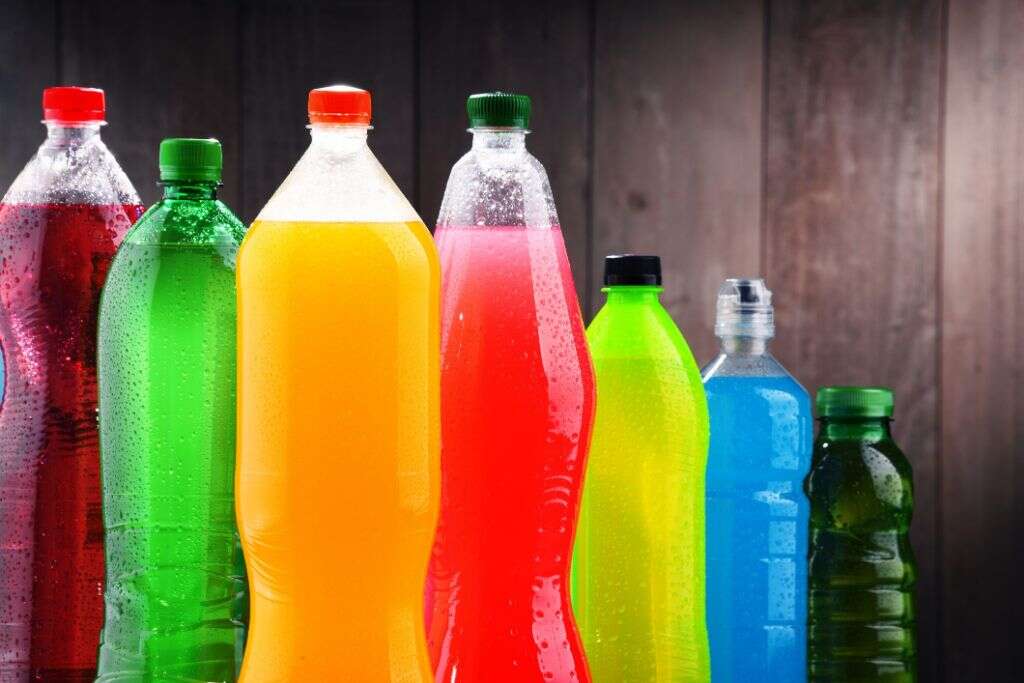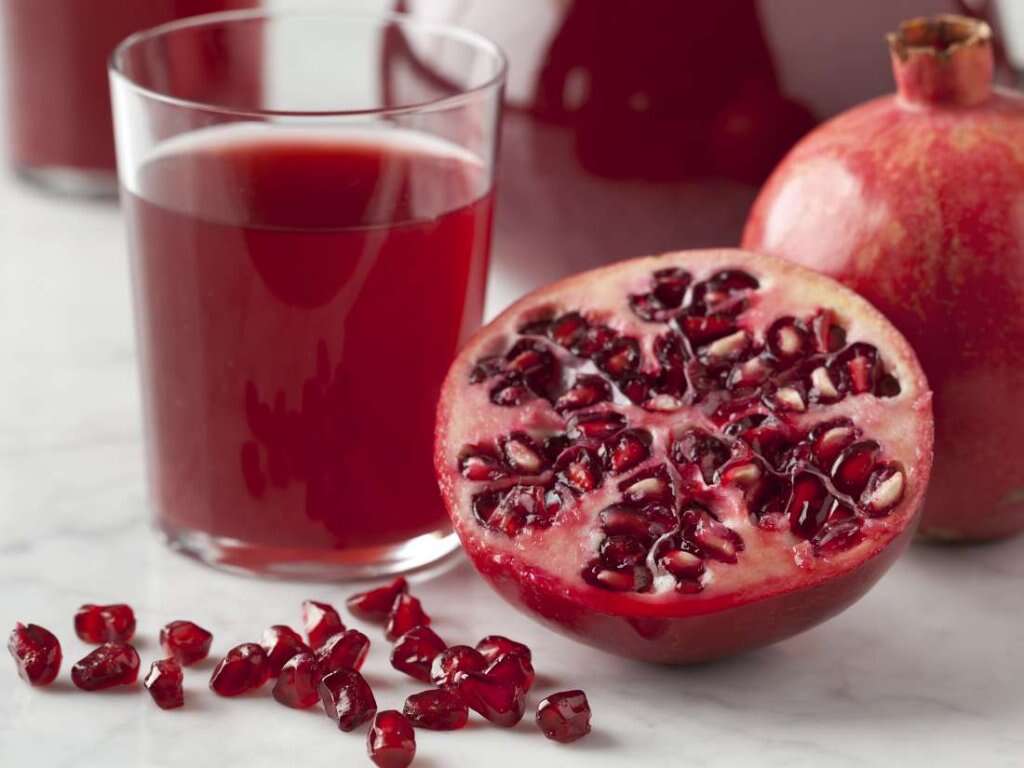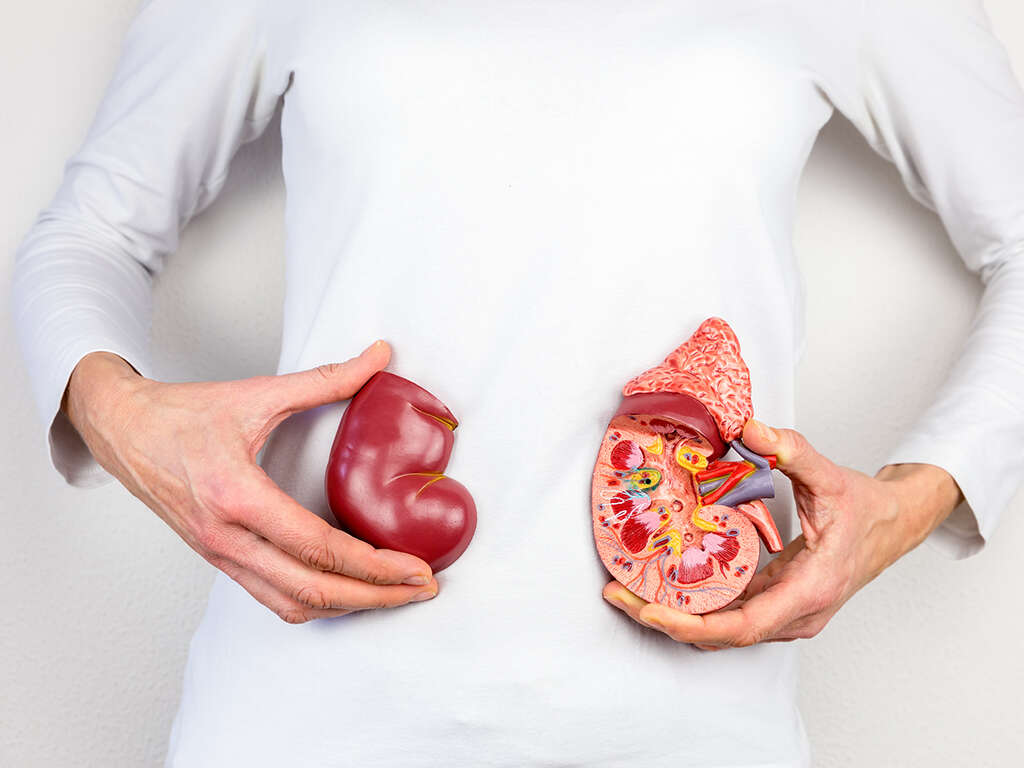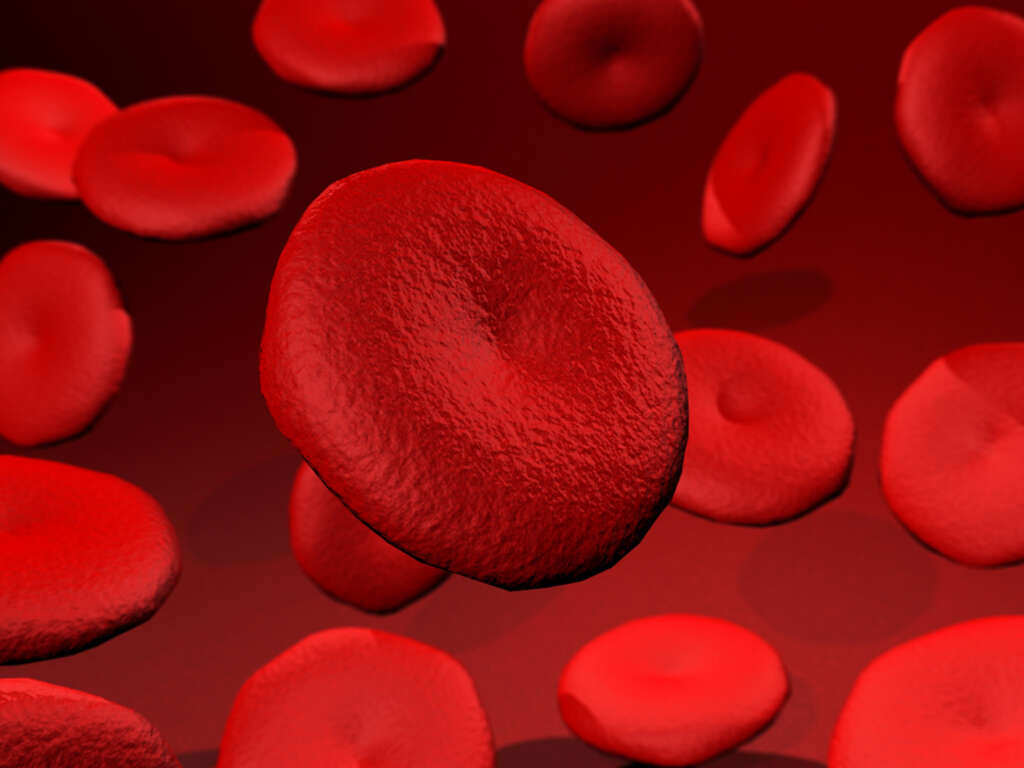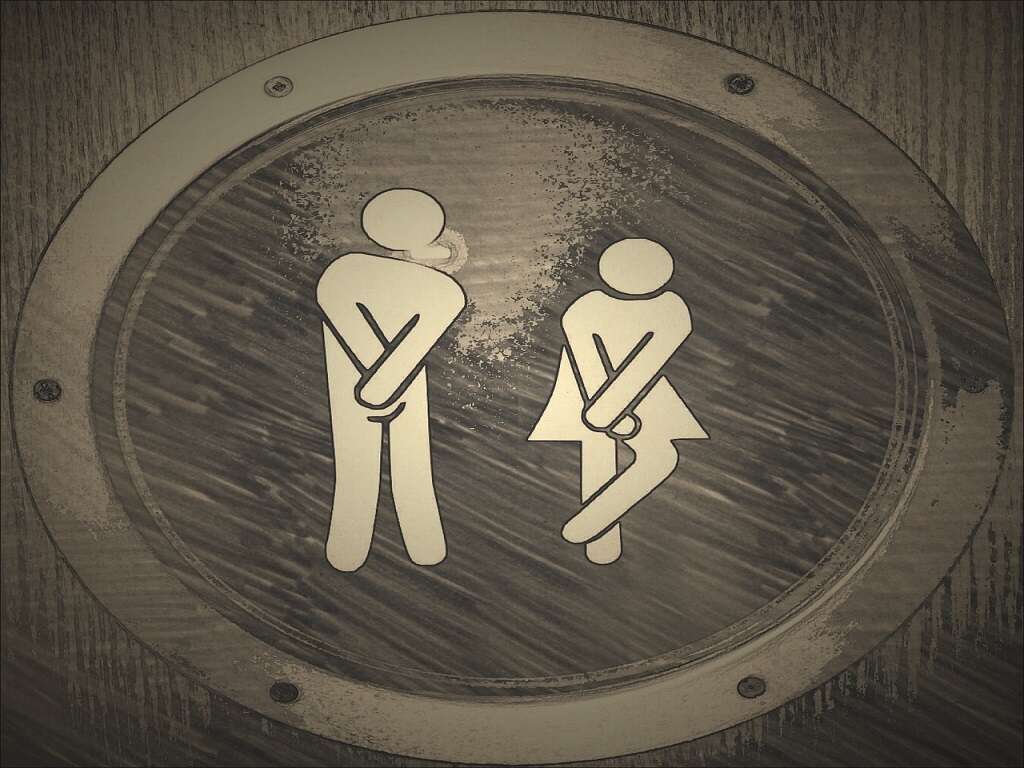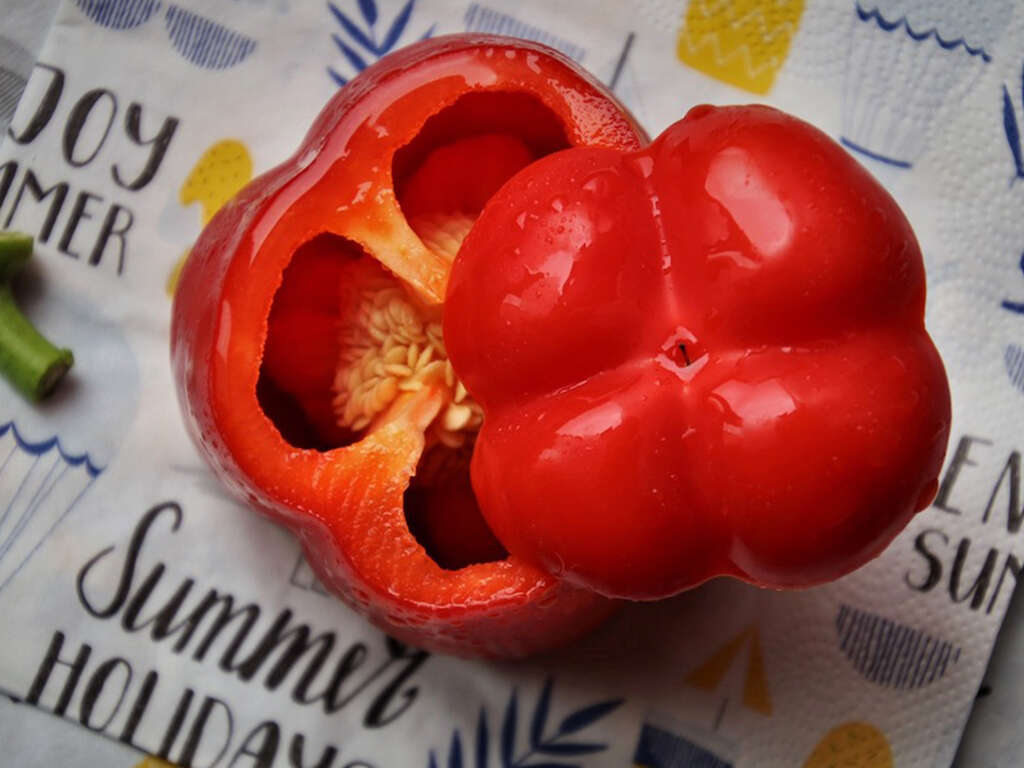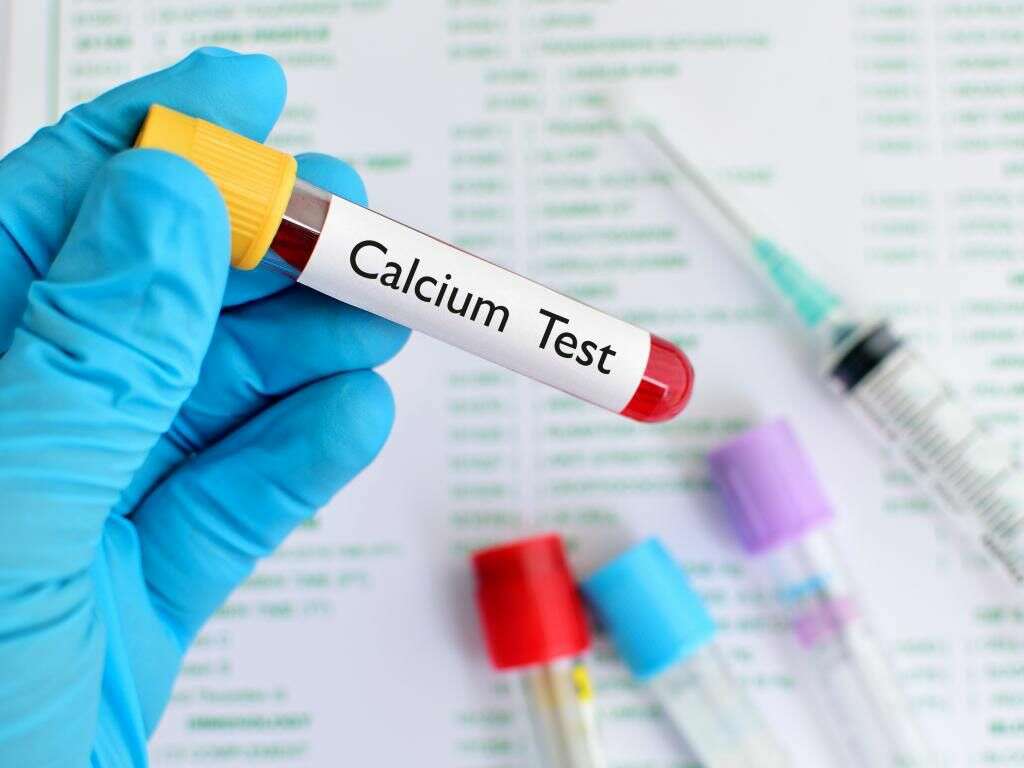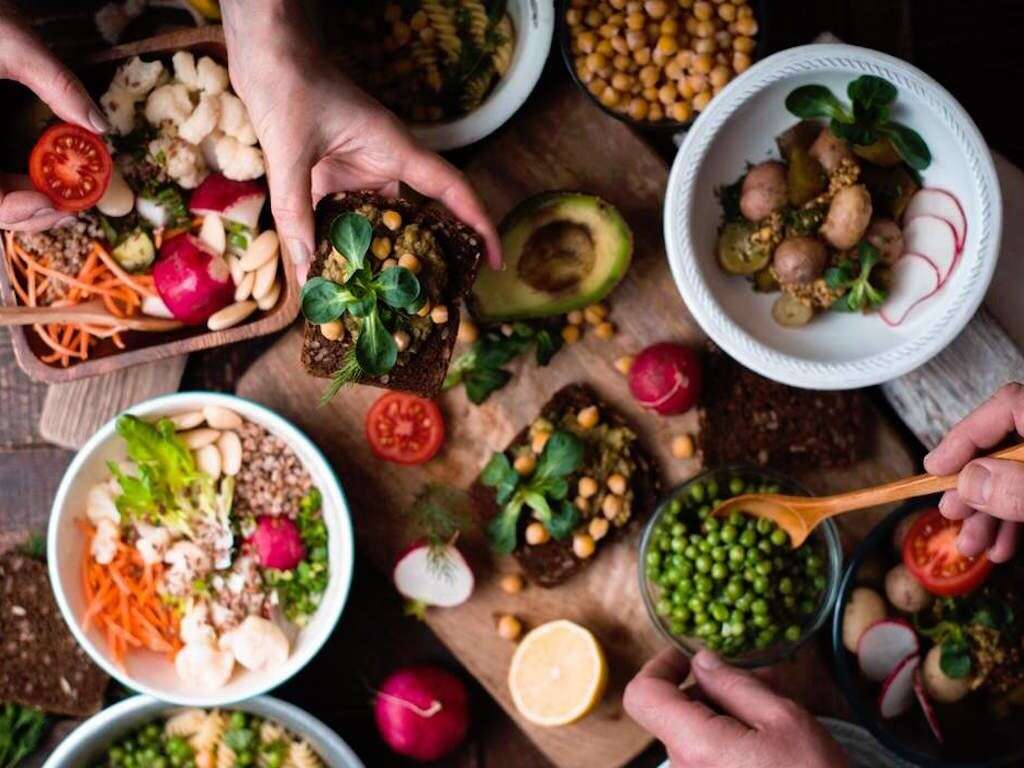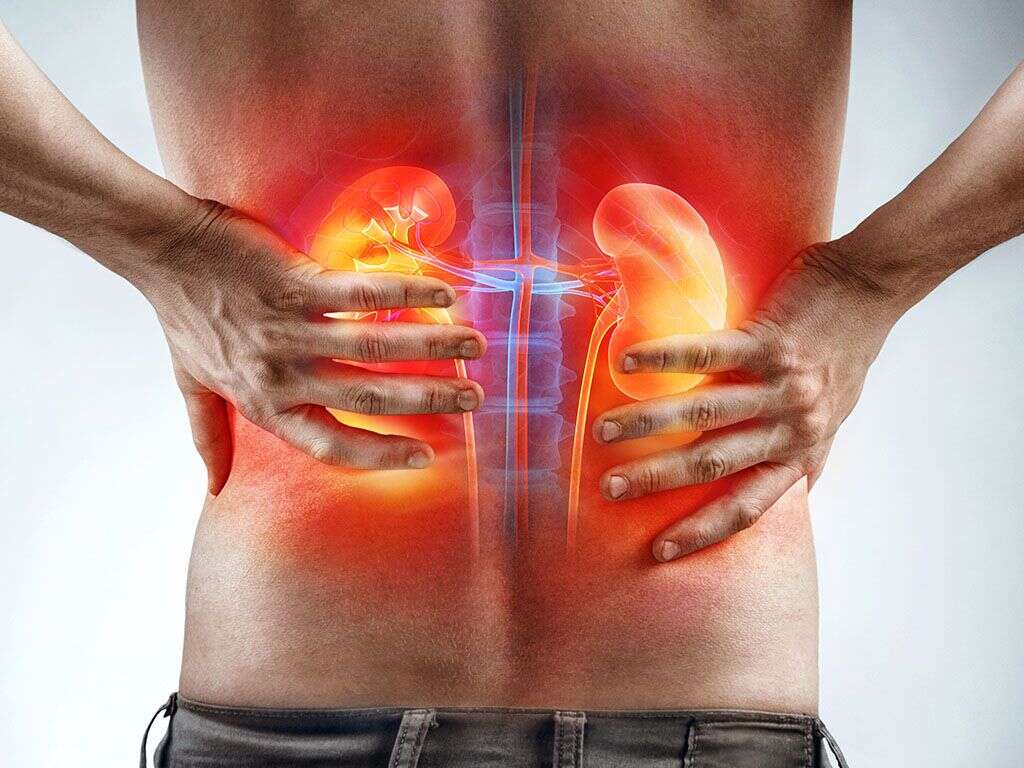What Causes Kidney Stones?
Our kidneys filter all manner of impurities from our blood, helping to keep it clean and healthy. Some of these include certain minerals that we no longer need, and these are filtered out of our blood and into our urine. As this process is happening, urine is being created in our kidneys before it is then passed onto our bladder.
This is not usually a problem as the liquid, containing the minerals, easily makes its way to the bladder. If these minerals are present in higher than usual concentrations, however, then they can begin to crystalize, forming solid lumps. When this happens they are known as kidneys stones. They are usually harmless, but they can be very uncomfortable.
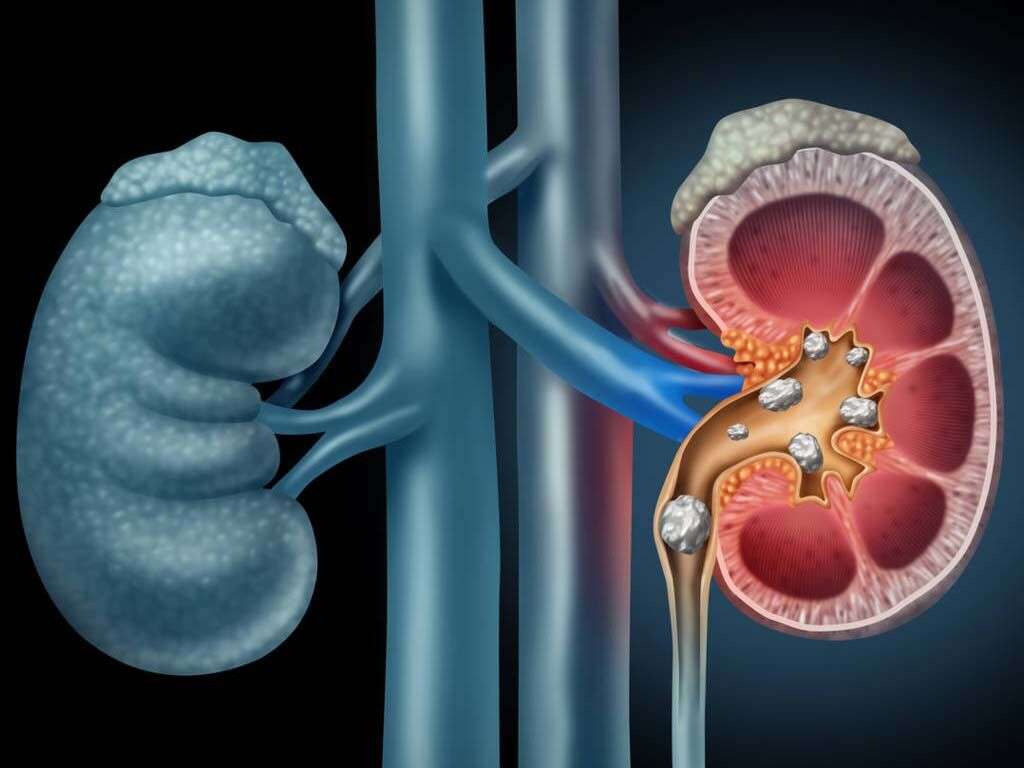
1. Calcium Stones
In the majority of cases, kidney stones will be made largely from calcium. These can be broken down further into two different types, which are calcium oxalate stones and calcium phosphate stones. Both of these tend to form in different ways.
Oxalate is made in our livers, while it is also present in many of the foods that we eat. Certain factors can cause the levels of oxalate rise in some people, and this can result in calcium oxalate stones forming. Calcium phosphate stones tend to be found in people who have certain medical conditions that affect the pH balance of the blood.

2. Uric Acid Stones
Uric acid is a substance that is a byproduct of the breakdown of foods that contain compounds known as purines. This waste product is usually filtered out from the blood by the kidneys, where it can then be passed out of the body in our urine. Having too much of the substance in our bodies can cause problems for us.
One well known problem is gout, which is when uric acid crystals accumulate in our joints. Another potential problem is that high uric acid levels can result in the formation of uric acid stones. These tend to be caused when the patient has lost too many fluids, resulting in an increase in uric acid concentration.
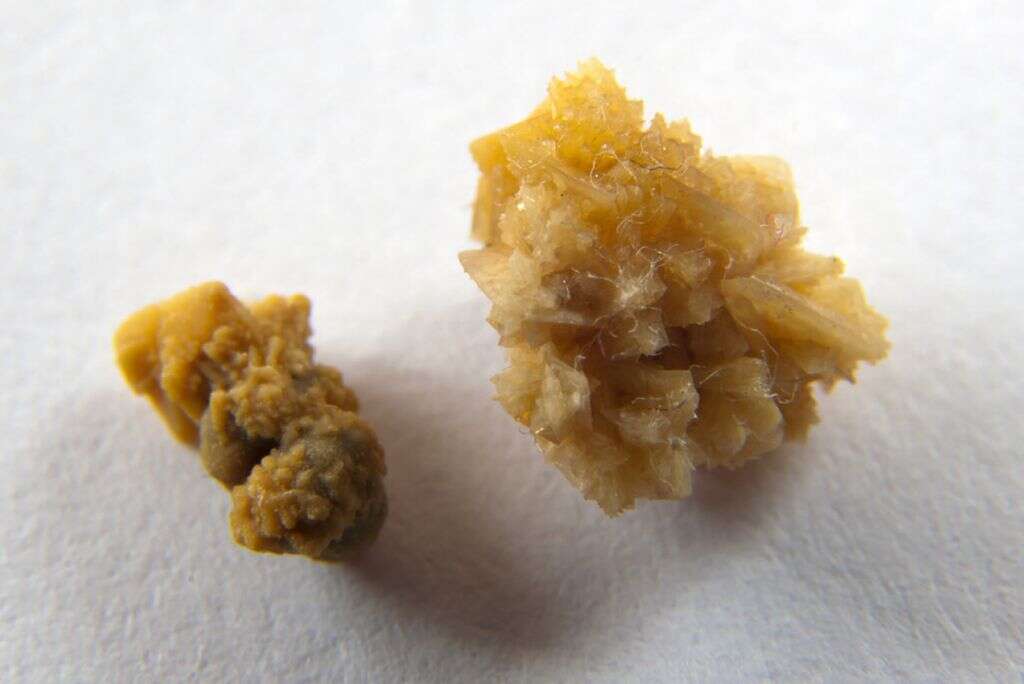
3. Struvite Stones
Urinary tract infections are relatively common infections that most commonly infect women. They can be very painful and they can make us feel very ill, but they are not usually dangerous and are usually straightforward to treat. They will cause complications in some cases, however, one of which is struvite stones.
Urinary tract infections are caused by bacteria, and these will release ammonia. When there are many bacteria present, ammonia levels in urine will increase, and this will sometimes result in the formation of struvite stones. A notable characteristic of struvite stones is that they tend to grow larger very quickly.

4. Cystine Stones
Cysteine stones are fairly rare as they are only found in people who have cystinuria, which is a rare type of genetic disorder. It is an inherited disease and the patient must inherit the corresponding gene from both parents in order for them to have the condition.
Cystinuria will cause a range of symptoms, including pain in the patient’s abdomen, pelvis, and in their sides. It can also cause nausea and vomiting, and blood in the urine. The condition causes a type of urine known as cysteine to leak out into the urine, and this can cause the formation of kidney stones made from the substance.

5. Animal Protein
Animal protein is an important part of our diet because protein is essential for the growth and repair of our bodies. It is recommended that we get plenty in our diet, and vegetarians especially are advised to be sure that they have the protein that they need. It is possible, however, that we can have too much protein in our diet.
Unless you have reasons to have a lot of protein, you should try and make sure you don’t overdo it on animal protein. This can otherwise increase the likelihood of kidneys stones forming. Vitamin C is also very important for us but, again, having too much of it can make it more likely that you will develop kidneys stones.

6. High-Oxalate Foods
As mentioned, we get a lot of oxalate from the food that we eat. This makes it a good idea to not overdo certain foods to help prevent calcium-oxalate stones from forming. This includes some foods that are otherwise very healthy for us, so it is all about finding the right balance.
One of these is spinach, which is one of the most nutritious foods we know of so it is advised to get a reasonable amount, but not too much. Others include baked potatoes, french fries, beets, sweet potatoes, and some cereals. Cashews and almonds are other examples, as are raspberries.
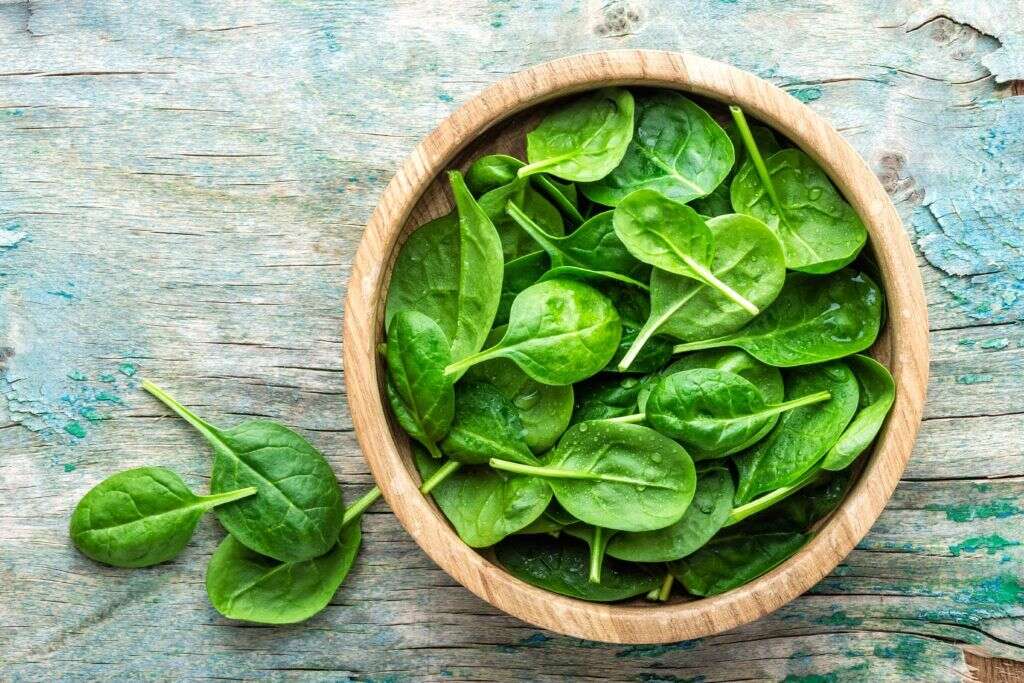
7. Salty Foods
Salt is a very important mineral for us as it is necessary for numerous important bodily functions. It is also common in many of the foods that we eat so we should have no difficulty in getting what we need. However, it is also very easy to have too much salt, and it can be very unhealthy for us.
It is well known that sodium, which is found in salt, can contribute to a high blood pressure. Salt can also increase the levels of calcium in our urine, and any oxalate that is present can bind to the extra calcium, thus causing calcium-oxalate kidney stones to form.

8. Calcium Rich Foods
Calcium is another very important mineral for us, and is also found in plentiful supply in our food. It is important for helping us to build a strong skeleton, and healthy teeth, and is also necessary for a number of other essential processes in the body. As with so many other types of food, though, too much of it can be a problem for us.
Having too much calcium in the body can cause some rather unwelcome symptoms, one of which is an increase in the likely hood of kidney stones forming. Calcium is plentiful in milk and other dairy products, but kidneys stones are not caused by drinking milk. Some vegetables are also a good source of calcium, as are some nuts.
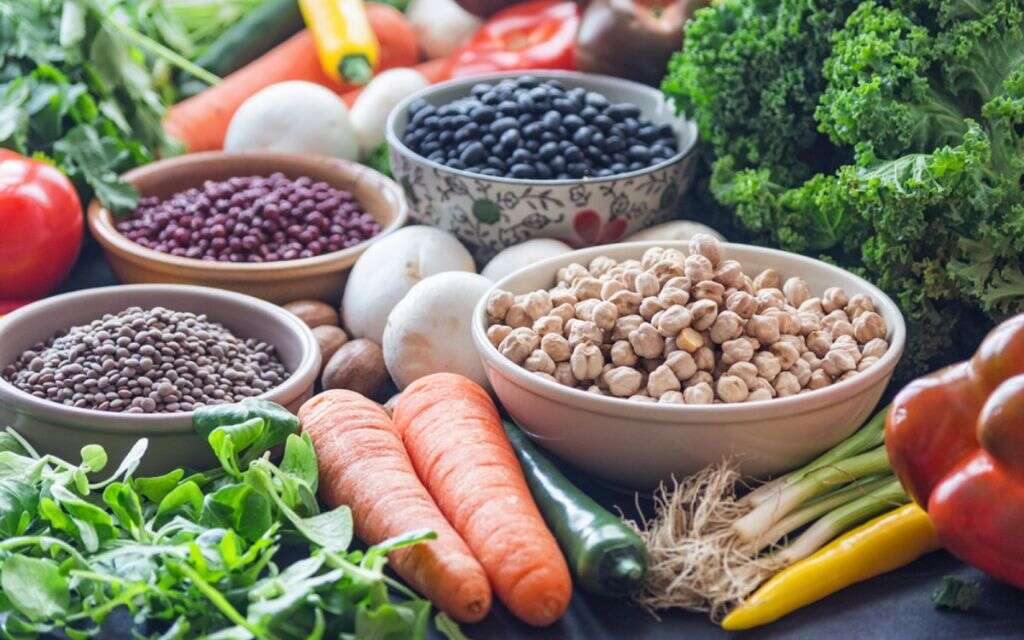
9. High Acid Foods
Some foods, like citrus fruits, have high acidity levels, and a lot of acidic food will mean higher acid levels in our bloodstream. While this will make it less likely that calcium stones will form, it will also make it more likely that acidic stones will form. This tends to mean cystine stones in particular.
If you are at a high risk of cystine stones, it is a good idea to limit your consumption of citrus fruits, which largely means oranges, lemons and limes, grapes, and grapefruits. In order to try and combat high acid levels, you should try and include most vegetables, yoghurt and milk, beans and lentils, fats, and soy.
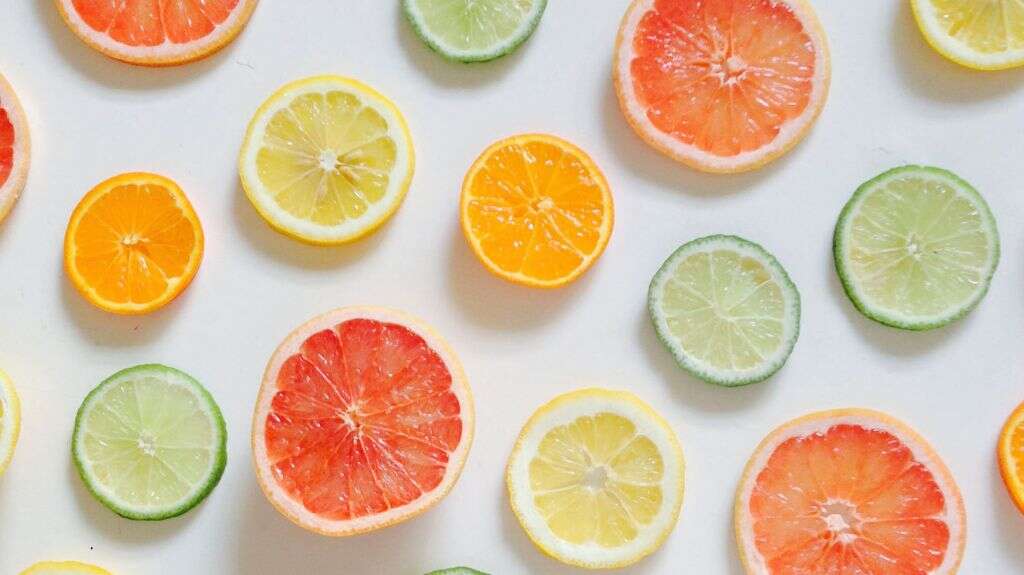
10. Sugary Drinks
It is well known that sugary drinks are not good for us. Sugary drinks are one of the leading causes of obesity, and obesity is one of the leading causes of premature death. This makes it a very good idea to limit your consumption of these drinks, and not only to prevent obesity.
If cystine stones are not a problem for you however, then citrus fruit juices are a good idea because they will help make other stones less likely. You should also avoid drinking too much alcohol, for many reasons, including the fact it increases uric acid levels in the body.
